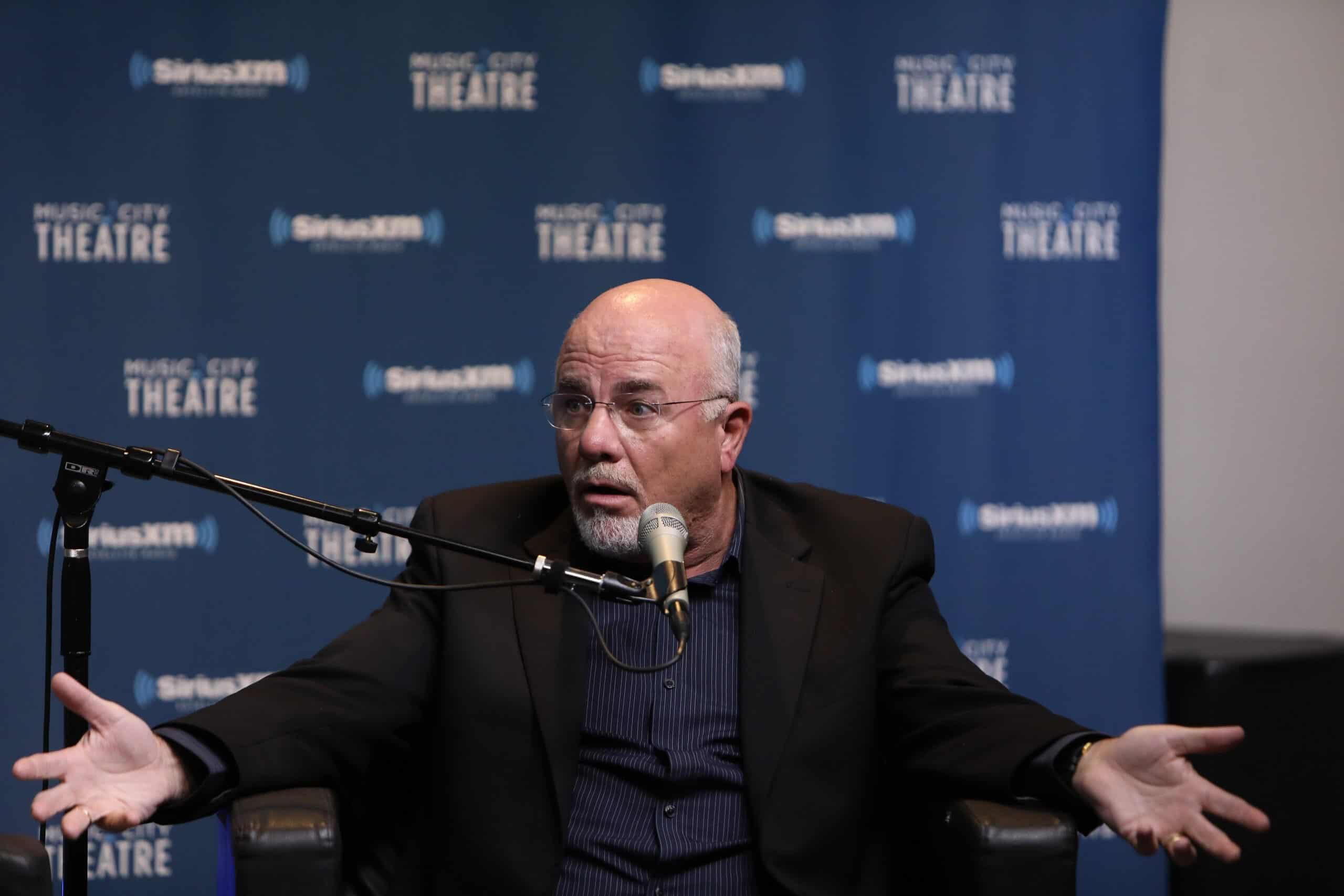#social-security
#social-security
[ follow ]
#retirement-planning #retirement-income #cola #inflation #claiming-age #retirement-savings #retirement #medicare
from24/7 Wall St.
11 hours agoWho Actually Qualifies for Social Security Survivor Benefits in 2026?
The widows and widowers of deceased Social Security recipients are generally eligible for survivor benefits. In some cases, even ex-spouses can qualify. To qualify, you must: Be 60 years old or older (or 50 and older if you have a qualifying disability) Have been married for at least nine months before the recipient's death Have not remarried before age 60 (or 50 for those on disability)
US politics
from24/7 Wall St.
2 days agoRetirees Lose Half of Every Dollar Earned Above $23,400 Tipping Point
Many retirees find Social Security covers essentials but not much more. Rising costs create pressure-inflation measured by the Consumer Price Index has increased the cost of living while healthcare expenses have climbed significantly. This financial squeeze explains why people who claimed benefits early often continue working to supplement income, even though doing so triggers withholding rules they didn't anticipate. Social Security doesn't prohibit working while collecting benefits.
US politics
US politics
fromFortune
5 days agoSocial Security's trust fund is nearing insolvency, and the borrowing binge that may follow will rip through debt markets, economist warns | Fortune
Social Security's trust fund will be exhausted by FY2032, risking benefit cuts or debt-funded fixes that could prompt immediate market reactions and rising inflation.
from24/7 Wall St.
1 week agoHow To Save Social Security
At some point, Congress will need to save Social Security, or not. According to the 2025 Trustees Report, the Old-Age and Survivors Insurance (OASI) trust fund will become insolvent by 2033. The combined OASI and Disability Insurance (DI) funds will suffer that same fate in 2034. The truly frightening thing is that, according to the same report, if Congress does nothing, the situation will become catastrophic. "At that time (2034), there would be sufficient income coming in to pay 81 percent of scheduled benefits."
US politics
from24/7 Wall St.
1 week agoSocial Security Faces Its Biggest Overhaul in Decades - Here's When
The Social Security Old-Age and Survivors Insurance (OASI) Trust Fund, which is where retirement benefits are paid from, only has enough reserves to pay 100% of scheduled benefits through 2033. Once the OASI Trust Fund is depleted, retirement benefits could face a 23% cut. The Social Security Disability Insurance (DI) Trust Fund, meanwhile, can pay 100% of scheduled benefits on its own through at least 2099.
US politics
fromSFGATE
2 weeks ago300,000 Retirees in New Hampshire Qualify for the 'Senior Deduction' Under Big, Beautiful Bill
At the heart of this legislation is the "senior deduction," a provision created to provide financial breathing room for those living on fixed incomes. For the state's aging population, the policy could deliver meaningful tax benefits during a time when many are hoping to age in place in their homes, but need the extra money in order to do so.
US politics
US politics
fromBuzzFeed
2 weeks agoThe Internet Is Absolutely DRAGGING Dr. Oz After He Said Kids Should Work "Right Out Of High School"
Enabling Americans to work one year earlier or later through better health could generate about $3 trillion, reducing debt and strengthening Medicare and Social Security.
from24/7 Wall St.
2 weeks agoRamit Sethi Says This is the First Step to Fixing Social Security
Social Security is a critical income source for many seniors, with the Social Security Administration reporting that these benefits account for around 31% of all income received by people over the age of 55. For around 39% of men and 44% of women 65 and over, benefits actually account for even more - about half their income. Since so many seniors are reliant on retirement benefits to help them make ends meet, it's a huge problem that the Social Security trust fund is at risk of running dry. Unfortunately, it's a problem that Americans need to reckon with, as Social Security benefits are on track for an automatic benefits cut as early as 2032.
US politics
from24/7 Wall St.
2 weeks agoDelaying Benefits to Age 70 Backfires When Federal Garnishment Takes Its Cut
Most people believe Social Security benefits are untouchable. While creditors can't generally garnish these payments, federal law creates important exceptions that can reduce monthly checks for millions of retirees. Understanding which debts can reach your benefits matters because Social Security often represents the majority of retirement income. For someone relying on $2,000 monthly, losing even $300 can mean choosing between prescriptions and groceries.
US politics
US politics
fromFortune
3 weeks agoMeet the first CEO of the IRS: A Jamie Dimon protege facing a $5 trillion test this tax season | Fortune
Frank Bisignano leads both the IRS and Social Security, applying private-sector CEO turnaround skills to overhaul operations, improve efficiency, and enhance customer service.
UK politics
fromwww.theguardian.com
3 weeks agoLabour's new welfare changes are practical and compassionate so why not loudly say so? | Polly Toynbee
Labour is reversing damaging Tory benefit measures, raising universal credit above inflation and cutting child poverty, but failing to publicize these progressive gains.
from24/7 Wall St.
3 weeks agoSocial Security Retirees Get Good News from Trump Administration
And while the average retirement benefit today is only $2,071, it's somehow just enough income for some seniors to live on. But it's not a given that every Social Security recipient will get their monthly check in full. Working while collecting Social Security, for example, could result in withheld benefits for exceeding the program's earnings test thresholds. The earnings test applies to Social Security recipients who have not yet reached their full retirement age.
US politics
from24/7 Wall St.
3 weeks agoSocial Security Makes Big Change That Could Disrupt Service for Millions
For a long time, Social Security field offices were set up to handle claims on a local basis. But beginning on March 7, the SSA is shifting away from this model to a centralized system where claims are handled on a nationwide level. That's a problem, though, because field office employees tend to be more familiar with local rules and are therefore better equipped to help seniors in their jurisdiction.
US politics
from24/7 Wall St.
4 weeks agoCongress Could Raise Social Security's $184,500 Tax Cap Without Cutting Benefits
The Benefit Formula That Determines Your Monthly Check Social Security doesn't simply pay everyone the same amount in retirement. Instead, the program uses your 35 highest-earning years to calculate an average, then applies a progressive formula through "bend points"-income thresholds where the replacement rate changes. This progressive structure means lower earners receive proportionally more generous benefits relative to their contributions, creating a safety net that provides stronger support where it's needed most while still rewarding higher lifetime earnings.
US politics
US politics
from24/7 Wall St.
1 month agoDave Ramsey Says Claim Social Security at 62 and Suze Orman Says 70. Who's Right?
Claiming Social Security between ages 62 and 70 drastically changes lifetime benefits: earlier claims mean more payments but smaller monthly checks; delaying increases monthly income.
from24/7 Wall St.
1 month ago3 Things You Must Do Before Claiming Social Security in 2026
When it comes to Social Security, your filing age matters for a big reason - it helps determine how much of a monthly paycheck you get. If you wait until full retirement age (FRA) to claim Social Security, for example, you'll get your monthly benefit without a reduction. If you file before FRA, you'll have to accept a reduced monthly benefit for life. And if you file after FRA, your monthly benefit will be permanently boosted.
Business
from24/7 Wall St.
1 month agoWorking While on Social Security? One Big Change You Need to Know About in 2026
The earliest age to claim Social Security is 62. Some older Americans, however, opt to wait until full retirement age (FRA) so they can claim their Social Security benefits without a reduction. FRA is 67 for those born in 1960 or later. There's also the option to delay Social Security past FRA for boosted monthly checks. For each year filers hold off, until age 70, their benefits grow 8%.
US politics
from24/7 Wall St.
1 month agoMark Cuban Warns of "Horrific" Backdoor Social Security Benefit Cuts
"Making it more difficult for seniors to get their checks. It's a back door way to cut SS benefits. Horrific." Cuban urged anyone seeing his message to help their loved ones apply for Social Security online to get their benefits approved. But the reality is that not all seniors are tech-savvy, and not everyone has access to someone who can help them navigate the maze of filing for benefits.
US politics
[ Load more ]





























